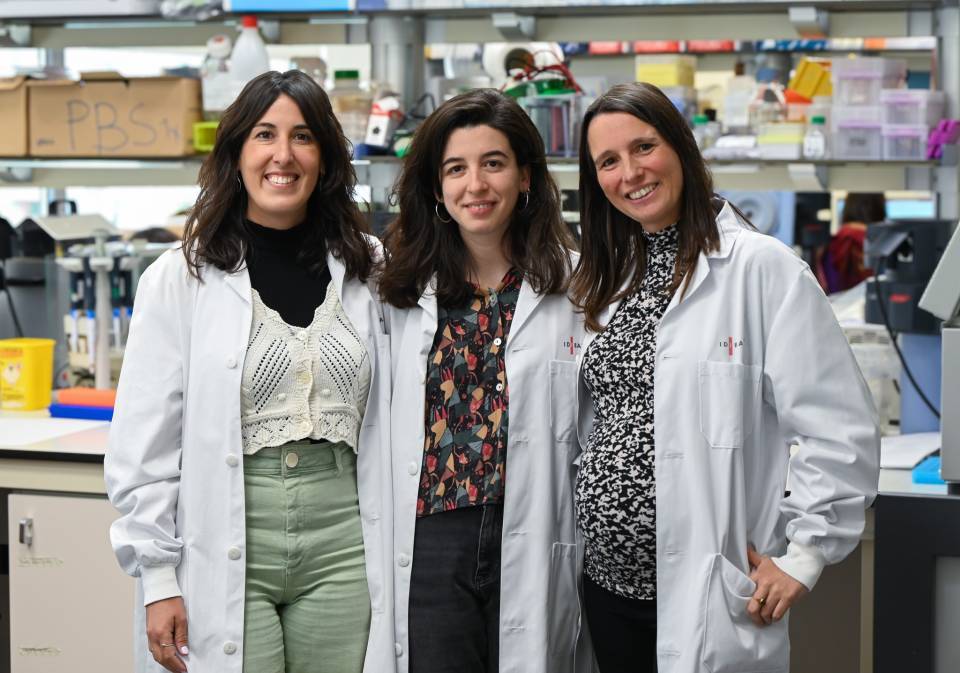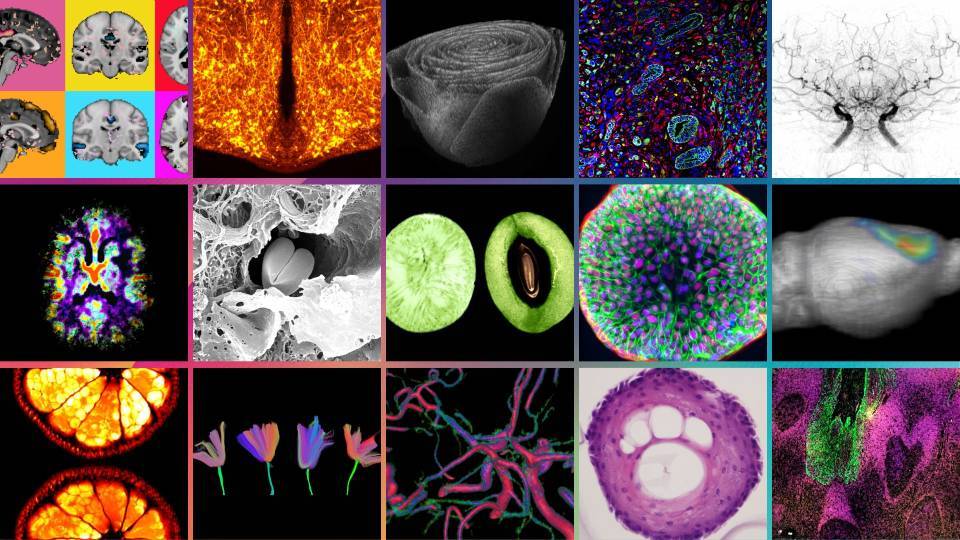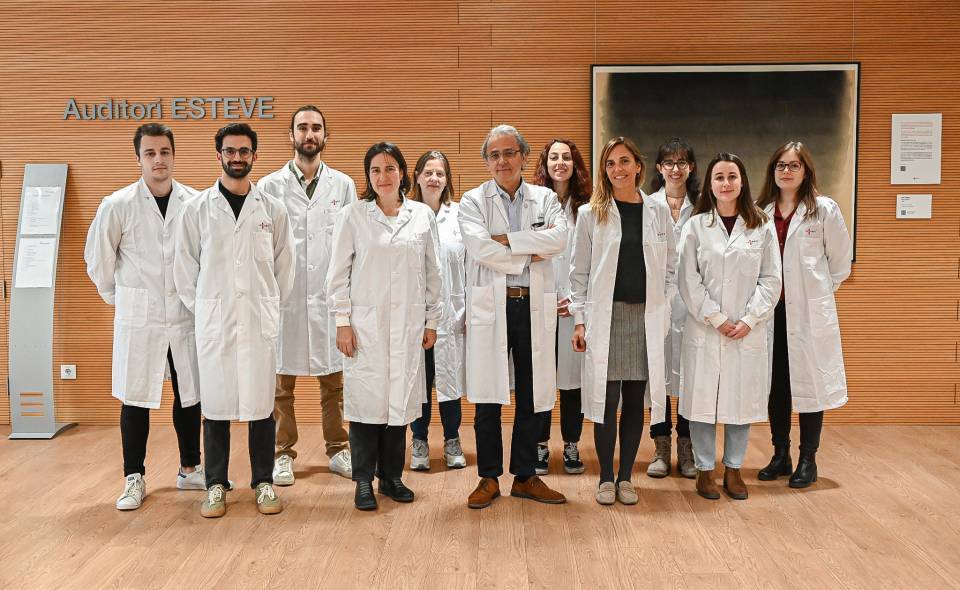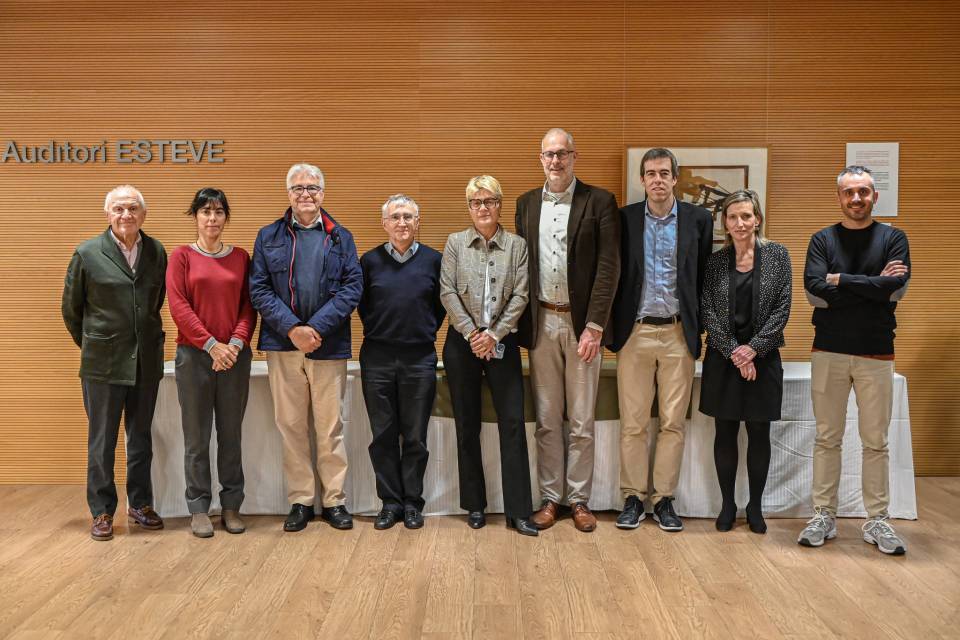The study, published in Nature Communications, was coordinated by Sonia Guedan, head of the IDIBAPS Cellular immunotherapies for cancer group and was supported by the “la Caixa” Foundation, the Spanish Association Against Cancer (AECC), the Ministry of Science, Innovation and Universities, and the EU Horizon 2020 programme. The first authors of this study are Irene Andreu-Saumell and Alba Rodríguez-García, with contributions from researchers at the Medical University of Vienna.
Is CAR T-cell therapy effective in solid tumours?
CAR T-cell therapy is a type of personalized immunotherapy that has proven highly effective in the treatment of haematological cancers such as leukaemia, lymphomas and multiple myeloma. This therapy is already used in clinical practice and the Clínic Barcelona has developed two such treatments, ARI-0001 and ARI-0002, to treat acute lymphoblastic leukaemia and multiple myeloma, respectively.
They work by modifying the patients T cells, so that they are able to recognize and specifically attack cancer cells. However, in the context of solid tumours, they have to deal with the tumour microenvironment, which often inhibits T cell activity through various escape mechanisms. One of them is the PD-1/PD-L1 axis, a pathway that tumour cells use to protect themselves from the action of the immune system.
The interaction of molecule PD-L1 expressed on tumour cells with the PD-1 molecule expressed on the CAR T-cells after their activation, is capable, in some cases, of inhibiting CAR T-cell function. Blocking this interaction by methods such as the use of antibodies or the genetic disruption of PD-1 are strategies that have been proposed to improve the efficacy of CAR T-cells. “To date, the results published in this line are very contradictory, both in animal models and in patients, and it is still unclear whether blocking this axis in CAR T-cells is beneficial or not”, says Sonia Guedan.
Blocking tumour cell suppression pathways
For the study, CAR T-cells that recognize the target tumour antigen with high or low affinity were generated, and their sensitivity to being inhibited by the PD-1/PD-L1 axis was characterized in several preclinical models.
One of the most significant findings is that the low-affinity CAR T-cells are more sensitive to inhibition mediated by PD-L1, a ligand that many tumour cells express at high densities to evade immune attack. However, by knocking out the PD-1 receptor in these low-affinity CAR T-cells using CRISPR/Cas9 gene-editing technology or through monoclonal antibodies, researchers were able to restore and enhance their functionality.
In contrast, high-affinity CAR T-cells were more resistant to PD-L1 inhibition and showed no significant improvement in functionality when blocking the PD-1/PD-L1 axis.
This suggests that the affinity with which a CAR molecule recognizes the tumour antigen plays a key role in determining sensitivity to PD-L1-mediated inhibition.
Implications for the design of future therapies
These results have important implications for the design of CAR T-cell therapies, especially when targeting solid tumours, where CAR T-cell therapy has not demonstrated the same efficacy as in haematological cancers. The findings suggest that adjusting the affinity to the receptors could be a key strategy for improving the resistance of CAR T-cells to tumour suppression mechanisms.
This study not only underlines the complexity of the interaction between CAR T-cells and the tumour microenvironment, it also highlights how molecular biology techniques can be used to enhance existing therapies. “A better understanding of the factors that affect the efficacy of CAR T-cells will allow us to design more effective treatments that will eventually result in better therapeutic options for people with cancer”, the authors conclude.
Study reference:
Andreu-Saumell I, Rodriguez-Garcia A, Mühlgrabner V, Gimenez-Alejandre M, Marzal B, Castellsagué J, Brasó-Maristany F, Calderon H, Angelats L, Colell S, Nuding M, Soria-Castellano M, Barbao P, Prat A, Urbano-Ispizua A, Huppa JB, Guedan S. CAR affinity modulates the sensitivity of CAR-T cells to PD-1/PD-L1-mediated inhibition. Nat Commun. 2024 Apr 26;15(1):653552. doi: 10.1038/s41467-024-47799-z.




